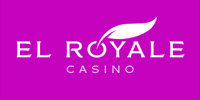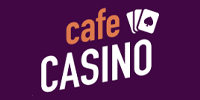Five years later, the U.S. Supreme Court overturned the ban on sports gambling in the states. Journalists investigated and found that the gambling industry had enlisted a huge number of lobbyists to legalize sports betting within the United States. Lobby groups worked in every state, making generous donations to political campaigns, lavishing legislators with gifts and visits from sports celebrities, and making deceptive arguments. Lobbyists misrepresented future tax revenues to states and forgot about gambling addiction. The practices of European states, where sports betting is illegal, also escaped their attention.
The results are impressive: 31 states and Washington, D.C., have allowed online and offline sports gambling since Nov. 9. In addition to legalizing betting, the gaming industry has achieved tax breaks and other attractive conditions to grow its business. The state of Kansas cut its income tax on gaming companies in half. Thanks to a massive campaign to popularize sports betting monthly expenditure of Americans for the last three months amounted to about $ 8 billion. Three years ago the figure was more modest: $ 1 billion. Advertising sports betting applications now covers the walls of airports and stadiums, betting advertising accompanies the broadcast of sports events, and commentators and journalists discuss sports betting on a par with the game. But that is not the gaming industry’s avowed goal. The ambition extends to legalizing online casinos in every state in the United States.
The gaming industry and related businesses got the green light from lawmakers after allocating generous donations, gifts and questionable arguments.
John Barker, a member of the House of Representatives
John is a retired judge and head of one of the most powerful committees in the Kansas legislature. John prefers 30-year-old Irish whiskey and Don Tomas cigarettes from Honduras.
At a party thrown by lobbyists at the Capitol building, whiskey and cigarettes were given to guests at the door for free. Lobbyists recently turned to John Barker to legalize sports betting in Kansas.
John: “The lobbyists saved a special bottle for me – they know I prefer it. I feel like myself when I have a whiskey and a cigarette.”
The party took place in April on the eve of the vote on the long-discussed law legalizing sports betting. The law was put forward by John Barker. Election Day is the latest step in an ongoing national campaign to allow sports betting to land on millions of Americans’ smartphones. The campaign is an example of the fastest spread of gambling legalization in U.S. history.
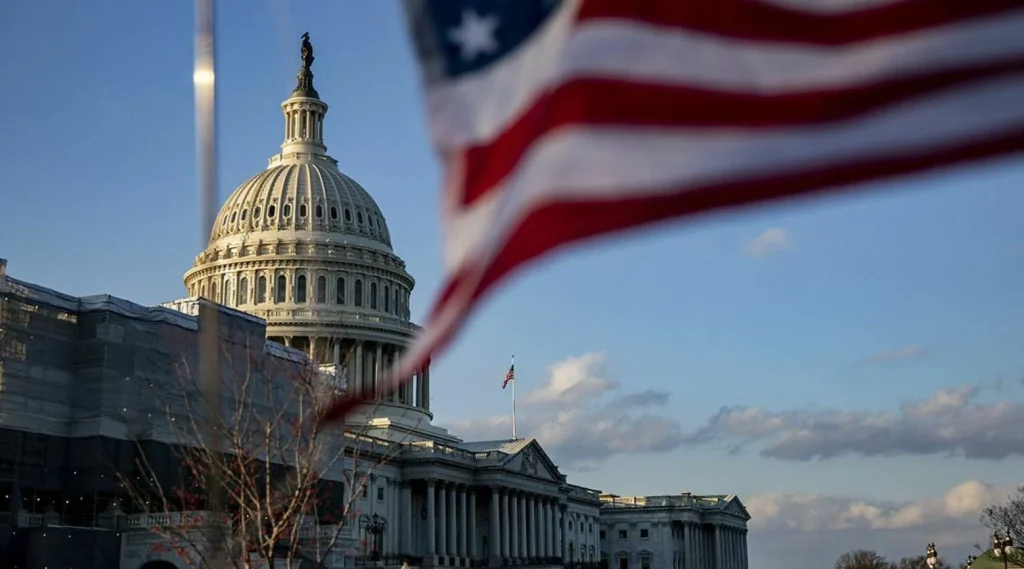
The Lightning Story of U.S. Sports Betting Legalization
Less than five years ago, sports betting was banned in the United States by federal law. Only Nevada casinos and limited establishments in several states remained legal. Representatives of the sports leagues said the betting ban protects American sports. The consumer protection regulator warned that legalizing gambling sports betting would turn sports fans into betting addicts. In other countries, such as Great Britain, society is still reaping the benefits of legalizing sports betting: sports bettors have failed to overcome their gambling addiction.
In 2018, however, the U.S. Supreme Court ruled that a federal ban on sports betting was unconstitutional.
DraftKings and FanDuel, the fantasy sports gambling giants, mobilized their army of former regulator employees and politicians to get sports betting allowed in state capitals. Very quickly, the lobbyists succeeded in reversing the tide and overcoming the sports leagues’ antipathy toward sports gambling. The leagues began to see betting as a way to keep audiences informed about what was happening in sports. Casinos joined the movement.
The industry thought it was simply a market that could bring in billions a year. And that market needed to be captured.
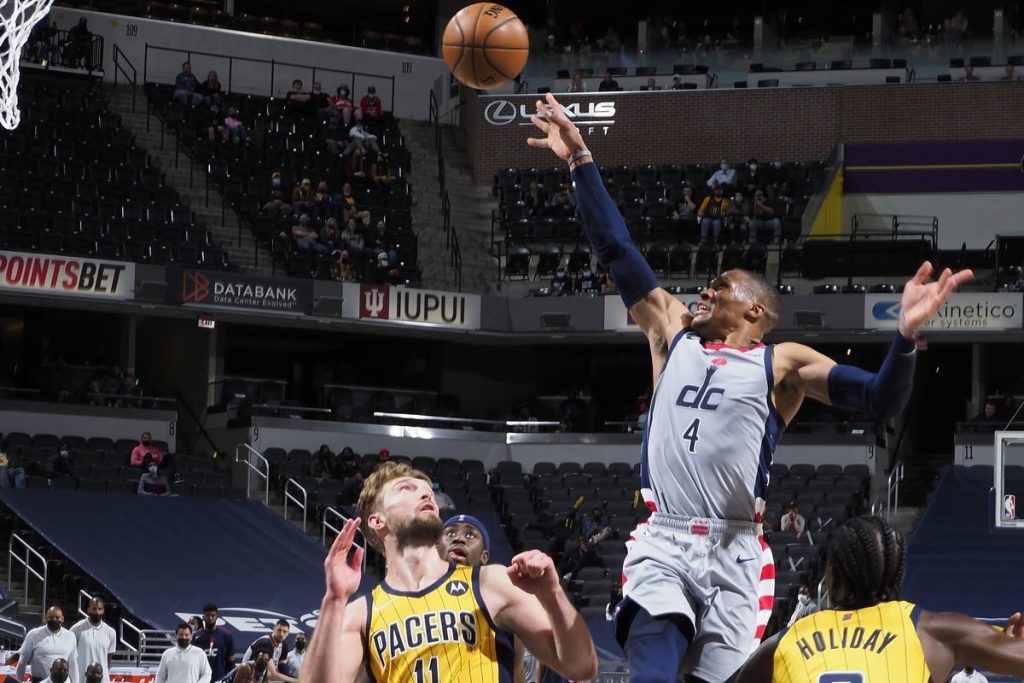
Lobbying campaign for the gaming industry
New York Times investigation: gaming companies and affiliated vendors orchestrated a rather cavalier lobbying campaign, lavishing legislators with money, gifts, visits from sports celebrities, and making deceptive arguments in favor of legalizing gambling to get tax breaks and other relief for businesses. The lobbyists’ activities are based on thousands of sheets of various documents, public inquiries and interviews with dozens of industry representatives and lawmakers.
The data provided by the sports gambling lobbyists turn out to be controversial or outright incorrect
Gambling industry lobbyists, for example, have pelted lawmakers with predictions about the billions of dollars that states will collect in sports betting taxes.
New York Times: Such projections, at least for now, have been grossly exaggerated, according to the Internal Revenue Service.
The gaming industry has spooked lawmakers with data on the sprawling criminal world of illegal gambling and forced them to keep tax rates low for sports betting.
The New York Times checked data cited by lobbyists that Americans spent at least $400 billion a year on illegal sports betting and found no confirmation.
In every state where lobbyists have forged relationships with legislators and sports leagues, the interests of taxpayers and those who would be at risk from gambling addiction have been ignored or discussed last.
Brianne Doura-Schawohl, of the National Gaming Industry Council, said, “We don’t have as much staff as the lobbyists to confront them in every state.” Brianne has visited several states where legislators have voted to allow sports betting. “This industry has swarms of lobbyists in every state.”
The results of the lobbying campaign
The results of the lobbying campaign have been impressive: Thirty-one states and Washington, D.C., allowed online and offline sports gambling. Five states voted to allow future sports gambling.
Sports betting spread quickly.
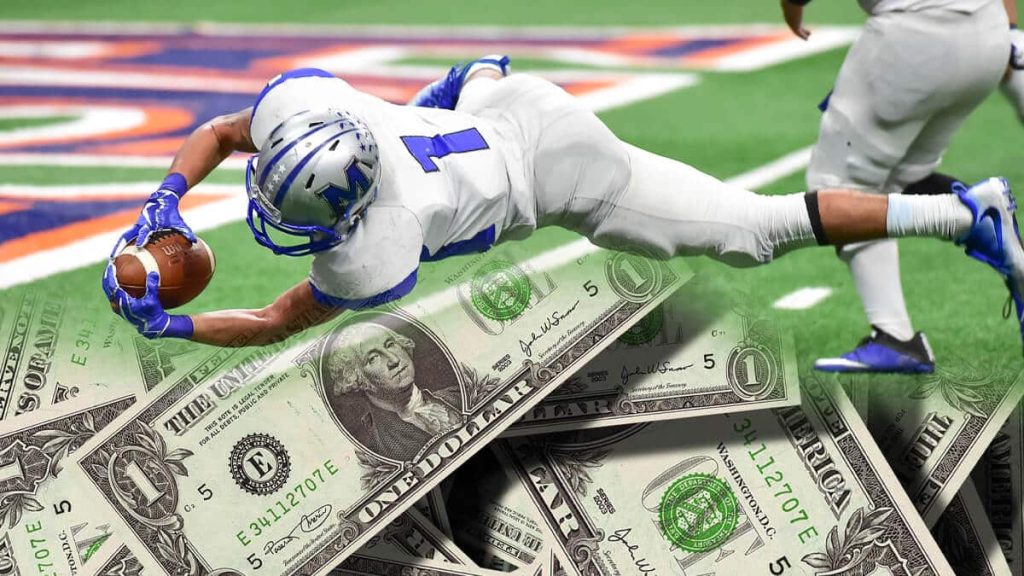
Tax breaks and other attractive conditions for gambling business development
Many states allowed betting on very attractive terms for gaming industry business development, including tax breaks.
Some states have placed restrictions on promotions and offers to attract customers – such as “risk-free” bets, where the customer is reimbursed for losses – that are used to attract newcomers to gambling betting. These tactics are banned in many states because they “hook” people prone to gambling.
In 18 states, however, such ways of attracting customers are now allowed. In addition, these promotions are tax-exempt, allowing gambling companies to reduce the taxable base from “free lures.” In other words, the government subsidizes promotions from gaming companies.
In parts of the states, the gaming industry lobbied to lift the ban on sports betting advertisements during the broadcasting of sports games and pushed through legislation establishing the very minimum funding for anti-addiction gambling measures. Lobbyists also stopped a law banning two companies, one of which manages sports betting and the other which offers microloans, from having the same owner.
Some sports betting advocates have begun to say that they have paid little attention to the issue of addictive gambling behavior and expect a wave of cases with addictive consumer behavior.


